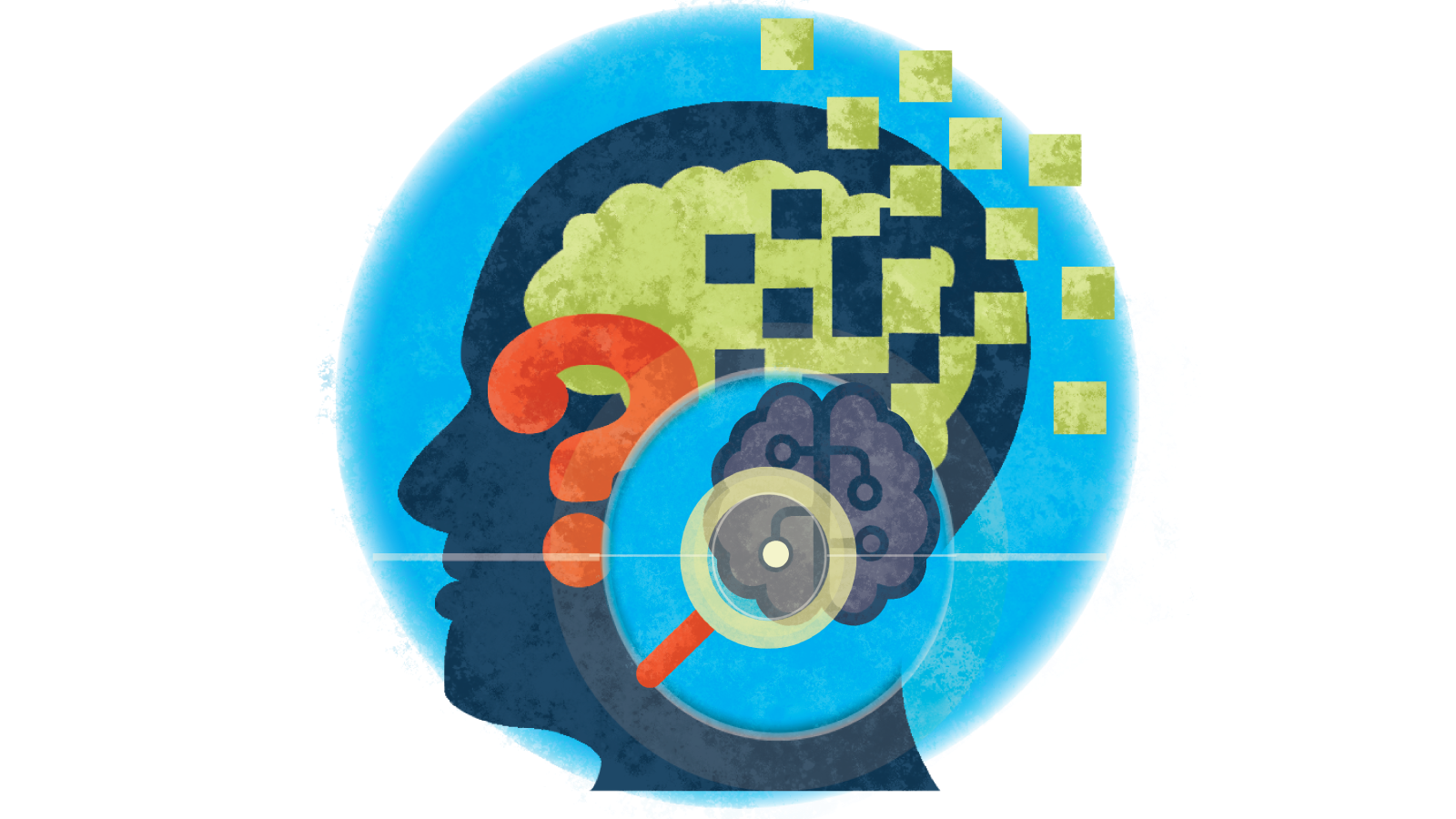
FOR YOUR PATIENTS: HOW IS ALZHEIMER'S DISEASE DIAGNOSED?
There's no single test that can tell when someone has Alzheimer's disease. Identifying the disease in the early stages allows individuals to make decisions about their future and possibly start on medications that will slow down progression, so researchers are working on finding blood tests or other early markers that could help.
For now, the care team makes a diagnosis by relying on a combination of symptoms and tests to help rule out other possible causes for symptoms.
The diagnostic process will start with getting the patient's medical history, which will include any cognitive, functional, and behavioral changes, medications the person is taking, and any family members who have had Alzheimer's or other dementias. The doctor might also ask a family member or close friend about changes in the patient's thinking skills and behavior.
Health issues like depression, untreated sleep apnea, delirium, certain medication side effects or vitamin deficiencies, thyroid problems, and excessive alcohol consumption can all have symptoms that mimic Alzheimer's disease. The doctor might also try to rule out other potential causes of Alzheimer's-like symptoms, such as stroke, Parkinson's disease, brain tumors, and buildup of fluid in the brain. This typically involves brain imaging with magnetic resonance imaging (MRI) or computed tomography (CT).
A neurologic exam will check reflexes, coordination, muscle tone and strength, eye movement, speech, and the senses. Cognitive, functional, and behavioral tests will also be done to evaluate change in behavior, memory, thinking, and simple problem-solving abilities impacted by Alzheimer's disease.
While many cases can be diagnosed without further testing, the cerebrospinal fluid that surrounds the brain and spinal cord (using a lumbar puncture, or spinal tap) can show factors predictive of Alzheimer's disease. These include buildup of tau and beta-amyloid proteins and high levels of neurofilament light (NfL). Blood tests are also beginning to be used by some doctors for patients who already have clinical symptoms of Alzheimer's.
A brain scan with positron emission tomography (PET) using a fluorodeoxyglucose (FDG) tracer can point to brain regions that aren't using as much glucose, a metabolic change that can help distinguish between different types of degenerative brain disease. PET scans that detect the buildup of beta-amyloid and tau in the brain are also being developed and utilized in some memory clinics.
One note of caution: Any test purchased directly from a company without involvement of a medical professional, including APOE gene tests, cannot provide an Alzheimer's diagnosis and may be misleading. The Alzheimer's Association recommends against use outside of a research or clinical setting.
Read Part 1 of this series: For Your Patients: What Is Alzheimer's Disease?
"Medical Journeys" is a set of clinical resources reviewed by doctors, meant for physicians and other healthcare professionals as well as the patients they serve. Each episode of this journey through a disease state contains both a physician guide and a downloadable/printable patient resource. "Medical Journeys" chart a path each step of the way for physicians and patients and provide continual resources and support, as the caregiver team navigates the course of a disease.
2024-09-16T17:18:59Z dg43tfdfdgfd